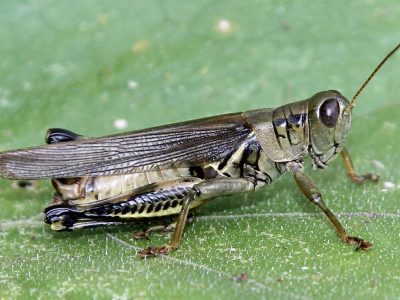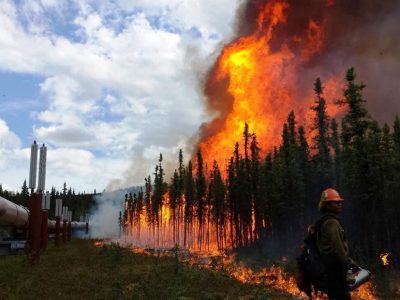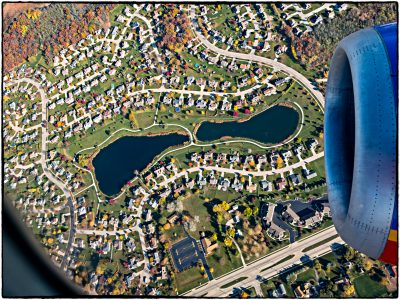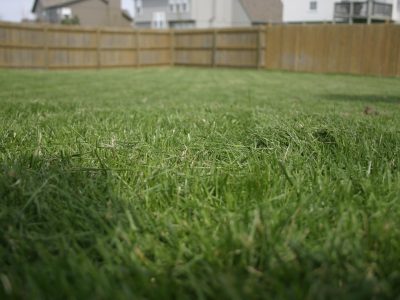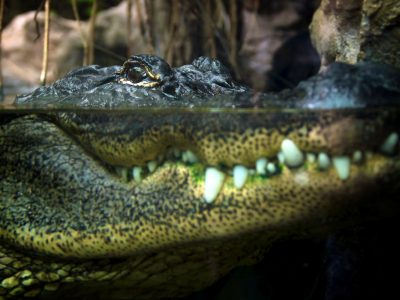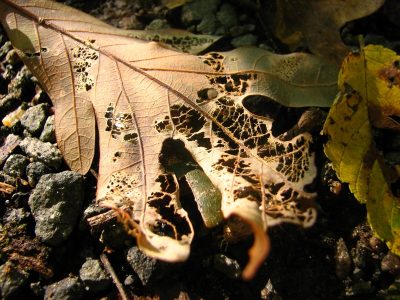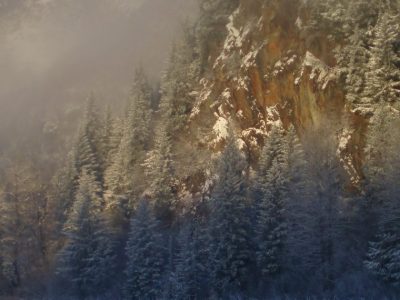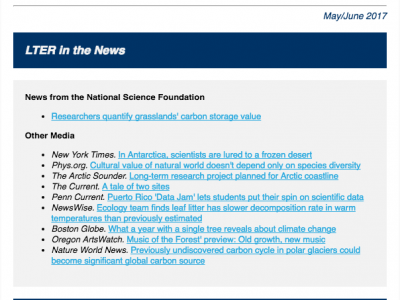Foraging Flexibility of Two Shark Species
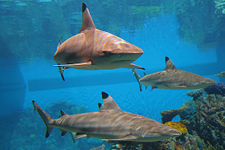
Sharks are top predators in marine ecosystems, so small changes in shark populations can ripple down and affect entire marine communities. Understanding how sharks adapt to ecosystem changes may help scientists predict how other marine life could react to a changing ocean. Researchers from the Florida Coastal Everglades (FCE) LTER investigated how juveniles of two similar… Read more »

